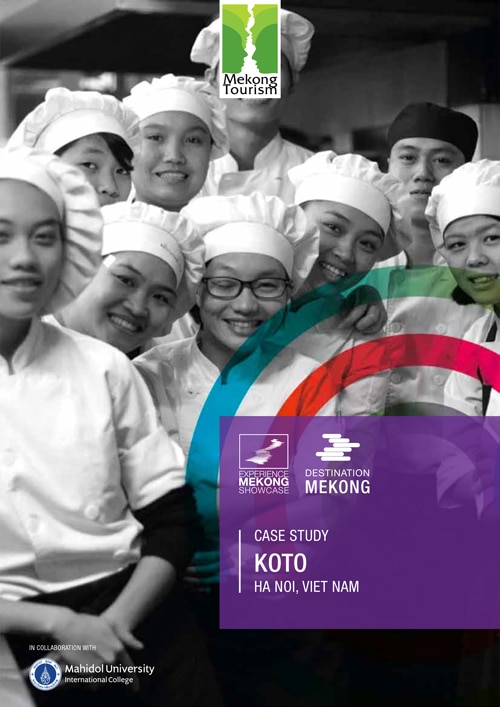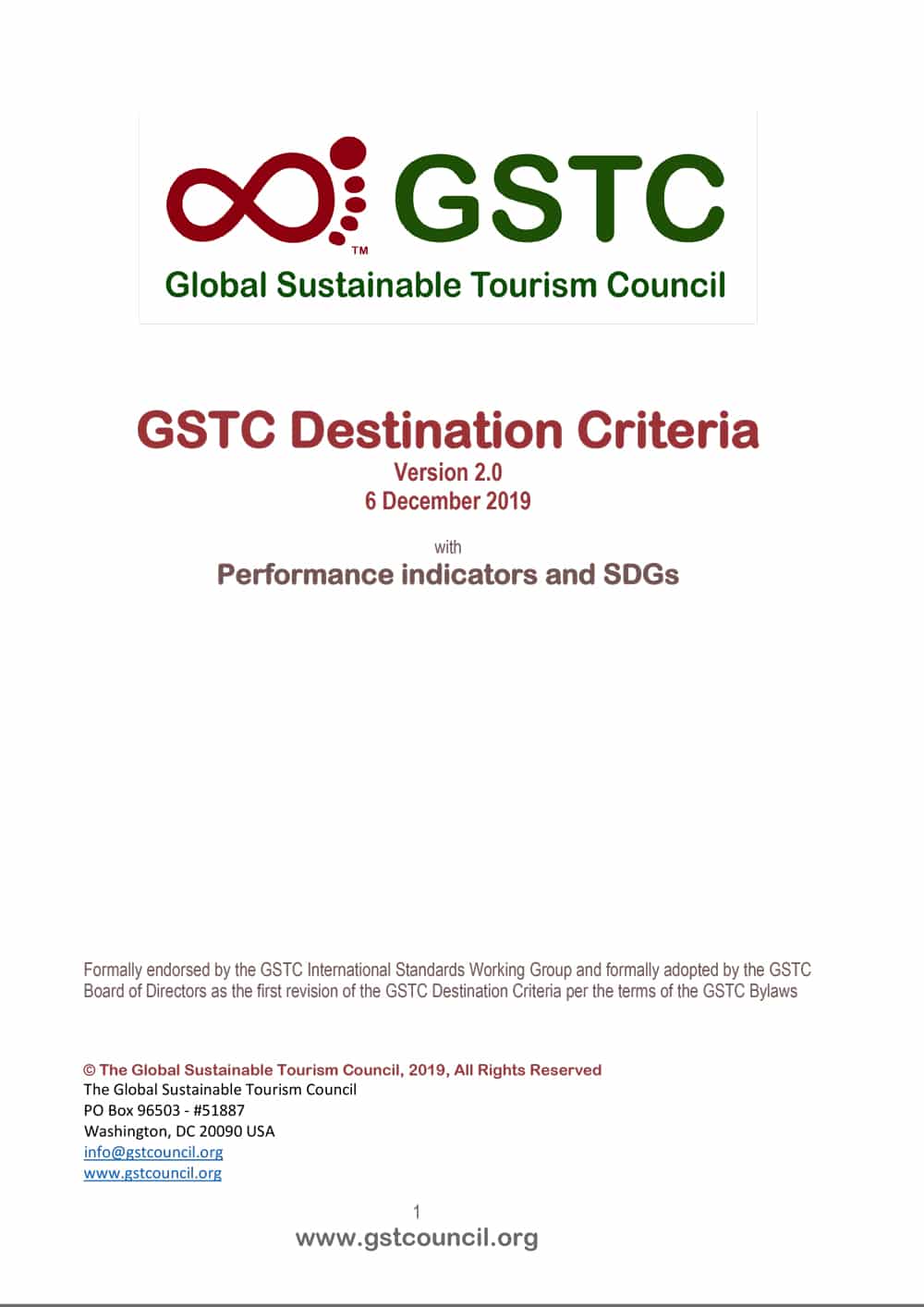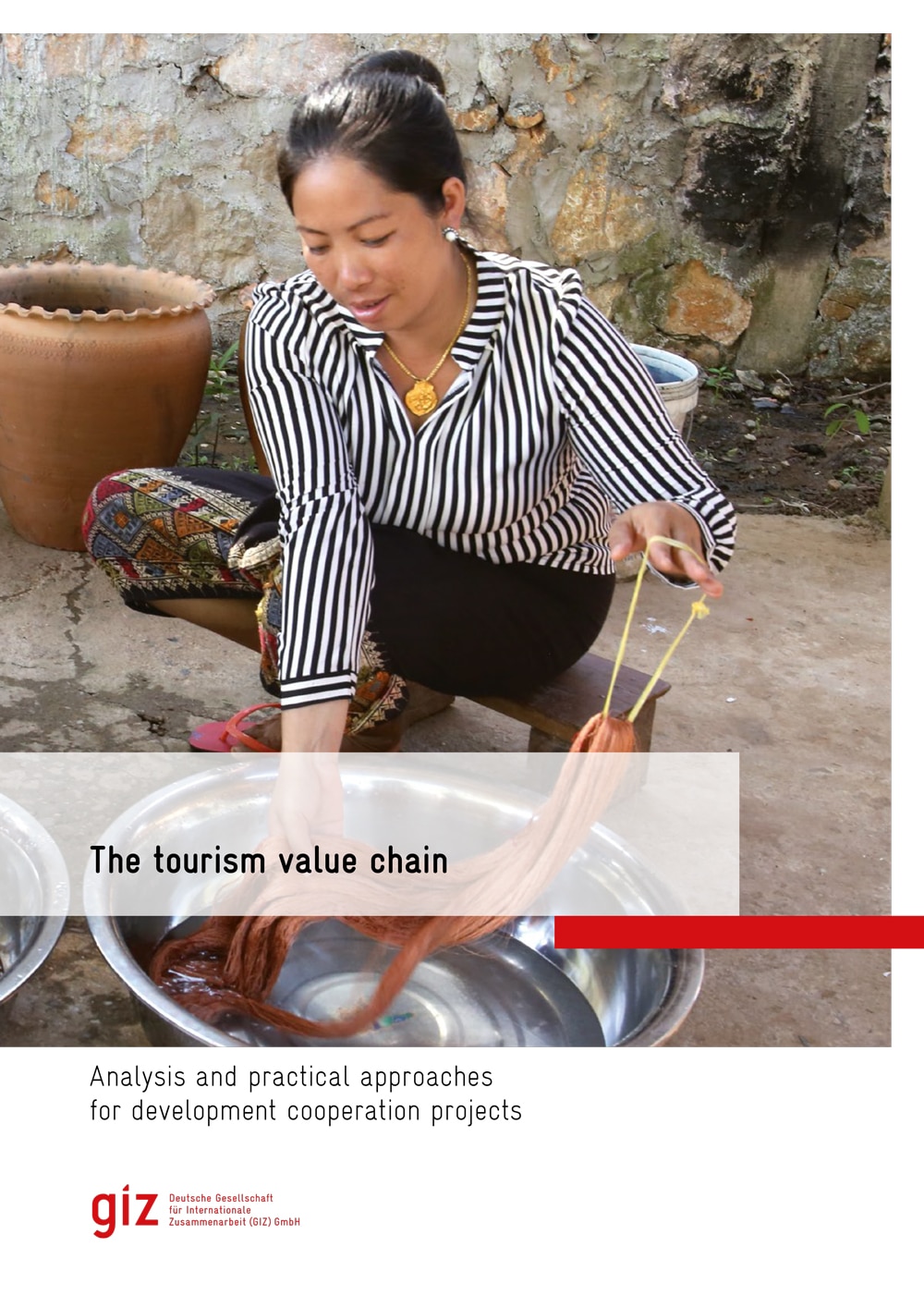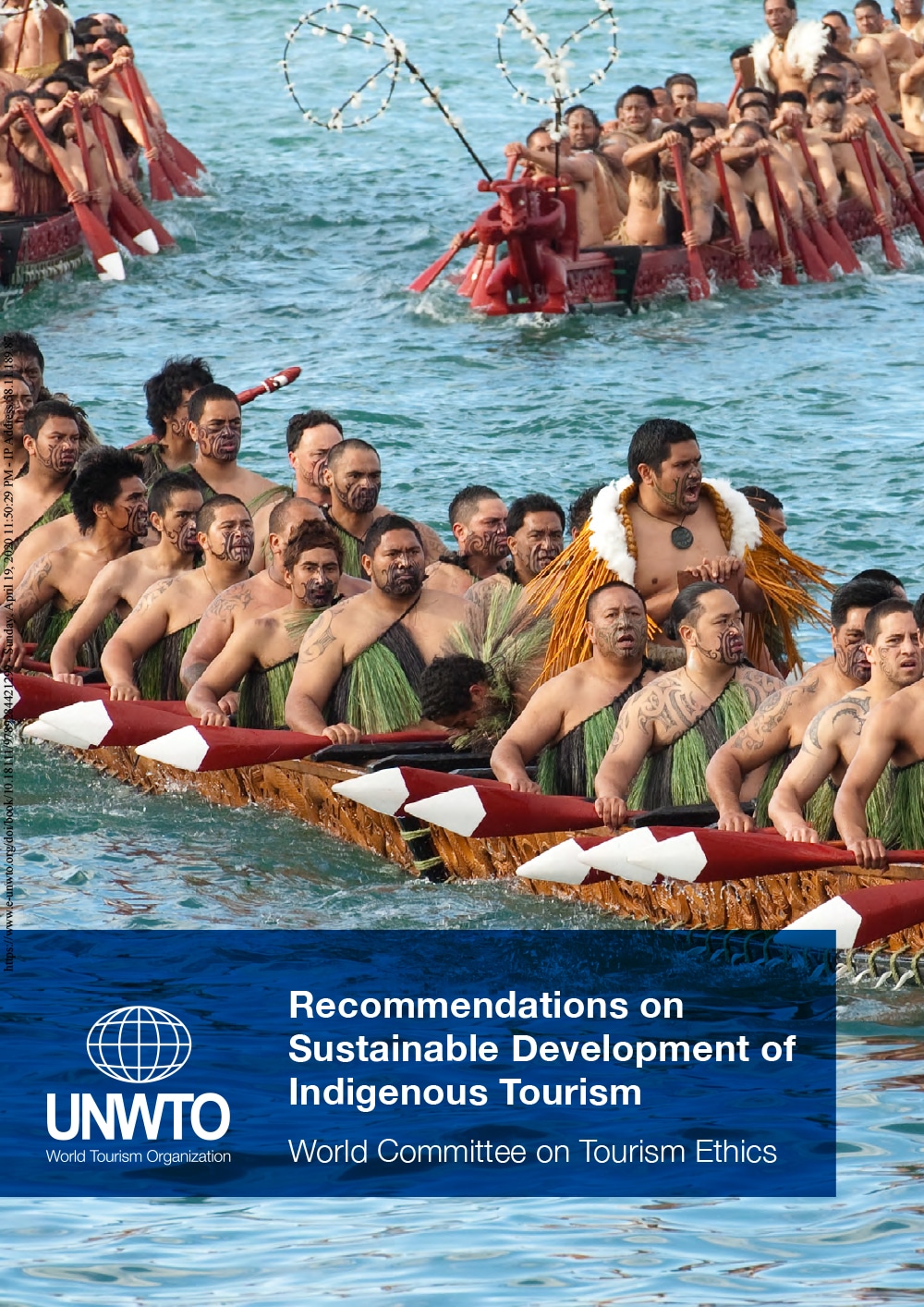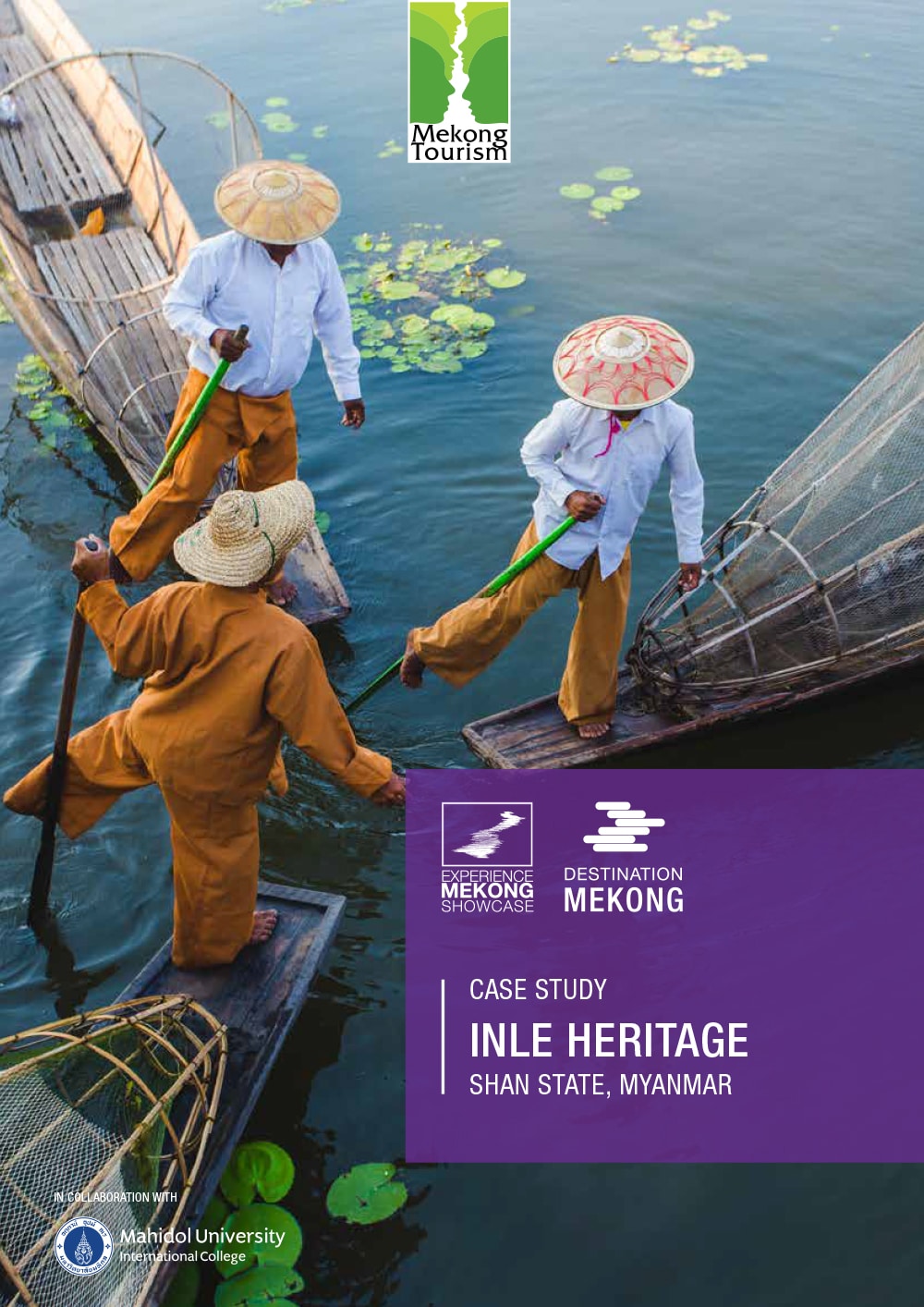KOTO is an internationally recognized and awardwinning
social enterprise in Vietnam which operates
as a training restaurant and a vocational training
centre. KOTO stands for “Know One, Teach One”,
a name that reflects strongly in their core belief,
values. KOTO operates two inter-connecting entities
which support each other through a well-designed
business model. The two parts comprise the KOTO
training center (the non-profit organization), and the
KOTO training restaurants (the social enterprise).
GSTC Destination Criteria
The Global Sustainable Tourism Council (GSTC) Criteria were created to provide a common understanding of sustainable tourism. The GSTC Destinations Criteria – known informally also as “GSTC-D” — are the minimum that any tourism destination should aspire to reach. They are organized around four main themes: sustainable management; socio-economic impacts; cultural impacts; and environmental impacts. They have applicability to the entire tourism sector.
Continue readingThe tourism value chain
Sustainable and responsible tourism can be used as a versatile instrument for sustainable development in international development cooperation. The approach presented in this hand book is based on the proactive design and management of tourism value chains in partner destinations.
Continue readingRecommendations on Sustainable Development of Indigenous Tourism
Indigenous peoples are characterized by some of the richest, most unique and diverse cultural expressions of humankind which have developed over thousands of years across our planet and are spiritually linked to indigenous traditional lands. These expressions represent a clear pull factor for potential tourists who wish to experience indigenous natural and cultural heritage in physical, intellectual and emotional terms.
Continue readingCase Study Inle Heritage
Inle Heritage, a nonprofit organization founded in 2009, is located at the Innpawkhon Village in Myanmar. The main purpose of the organization is to preserve the cultural and natural richness of the Inle Region, which is located at the western edge of the Shan plateau in eastern Myanmar. Inle Heritage does not rely much on donations. The organization finances its projects to preserve the ecological system and the cultural heritage of Inle Lake through revenue-generating activities
Continue reading
